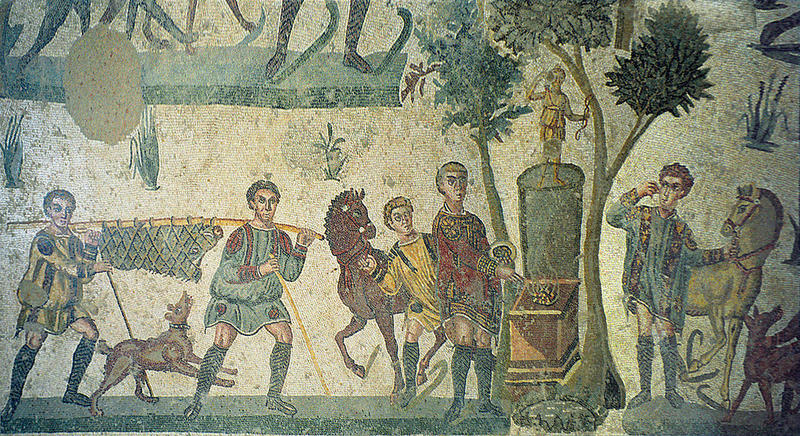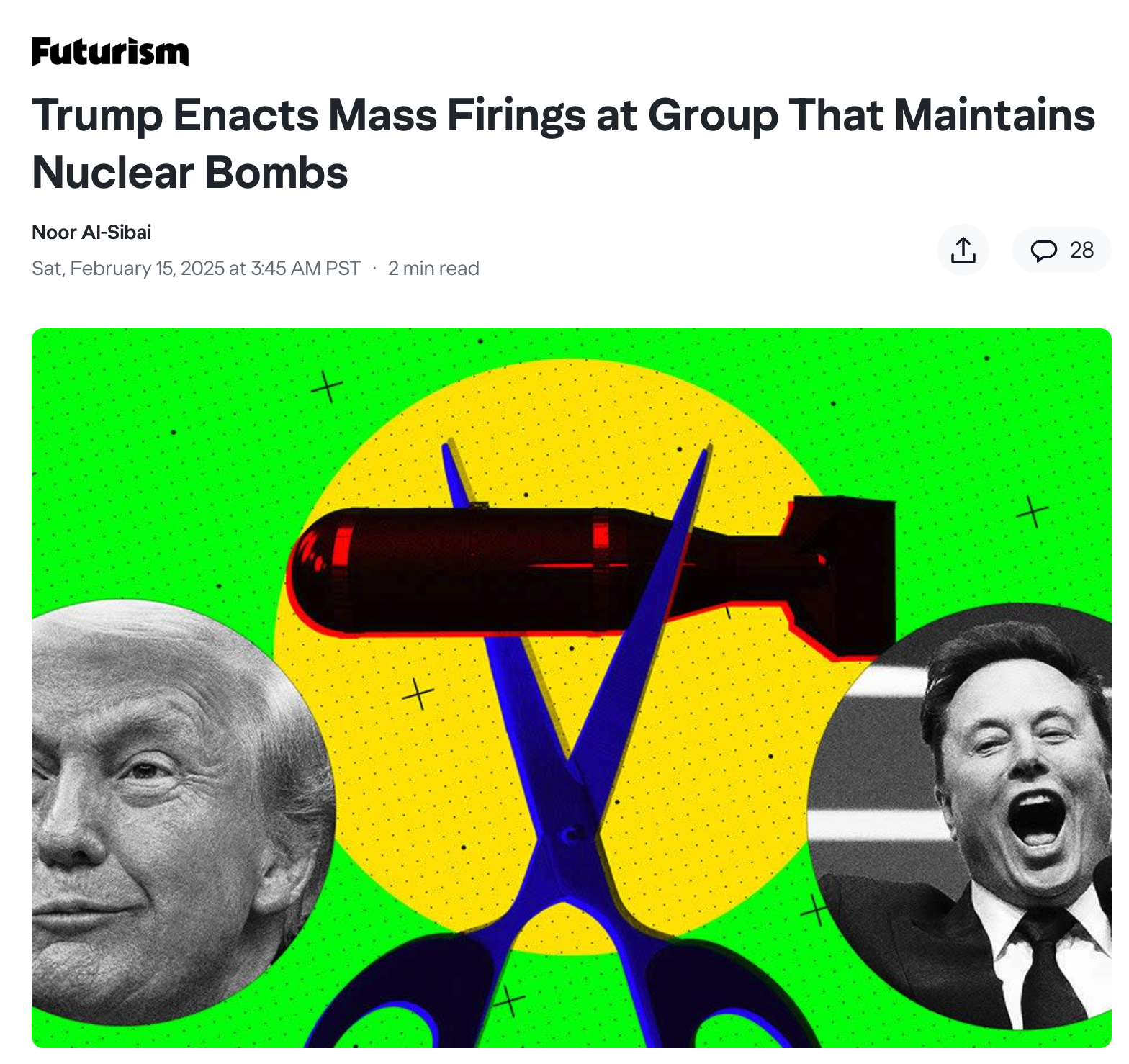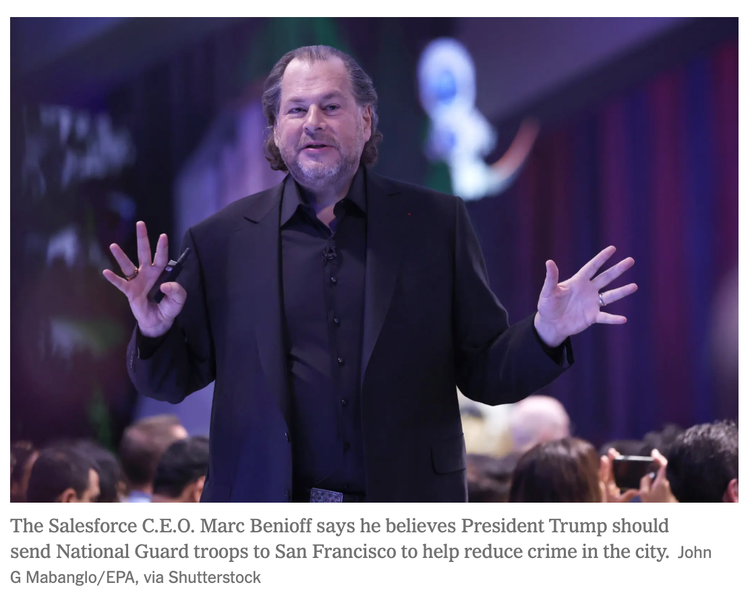It's Never Too Late to Start

I almost had the urge to start this weeks free newsletter by writing, it’s never too late to start. It’s not bad advice. Overused? Oh, definitely but wrong…not at all. I’m bringing this often annoying idiom up because I actually just got off a great call with the head of the Page Street Coworking Space for Writers to discuss joining their ranks with the hopes of working there some days/most days during the week. Why? I work from home and see next to no one all day except for when I go on a walk around the block or to Bi-Rite or Safeway where maybe I get thirty seconds to talk about the loaf of bread or various vegetables and very likely end up oversharing to keep the conversation going. For me, it works…most of the time, though I do have days where I’m a bit lonely or feel like I never actually leave my apartment which is apparently quite common according to a 2023 Buffer report.

That’s not to say I support the idea of commuting long hours to go to work either… that’s always felt like more of capitalist push from the same old faceless suits in ties and high rises…you know the ones…corporations, politicians, and others pillars of power who never, ever have given a shit about the individual but more about holding true to their allegiances along with the banks. Now, they’re fucked and very angry about it…kind of…but likely more annoyed they’ve been told no and brought down a peg and forced to eat shit financially since the pandemic very much like the majority…bleeding cash as the office spaces of old have become the same exact burden employees have had to bear with their commute.
Anyway, what was I saying? Ah, right, the Co-Working Space. Yes, so I've been accepted, and I couldn't be happier because, for me, it's the best of both worlds: work from home when I need to (meetings, alone time, etc.) but now with the option to go in and be around other writers/like-minded creatives…something that I, since probably the end of 2021, haven't had. And considering the work I do from covering economic, finance, stock, and corporate news mixed with the current political landscape…my intake has been quite soured, so getting in and all of that out from time to time will be good. As I said at the top, it's never too late to start.
Newsletter this week includes…
The Secession of the Plebeians
AI is Killing Critical Thought, According to AI
Me, Pathological Narcissism, and the United States
The Secession of the Plebeians

I hate to be that guy connecting the fall of Rome and the current goings on in the United States, but there is a correlation between the event of the Secession of the Plebeians (494 BC) and the popular (?) movement of getting off specific social media sites/leaving the USA entirely that I don't want to ignore. Starting with the Secession of the Plebeians, this event in ancient Rome, almost 1000 years before the actual fall of the entire Western Roman Empire (Secession of the Plebeians → Julius Caesar's Assassination ~ 450 years) was essentially a physical middle-finger fuck you to the patricians or, the aristocratic class in ancient Rome. By today's standards, they would be upper-class or elite families with loads and loads of influence and wealth that own land, hold political power, and social prestige. I don't drop names here, so be creative. But the plebeians, the general body of free Roman citizens (likely upper, middle, and lower class citizens of today), were fed up with…you guessed it…representation and protections against the abuses of the patrician class.
They wanted something called "the tribune of the plebs" (Tribunus Plebis), which was an elected official (like a US senator) chosen to fight for plebeian interests against the patricians in a Plebeian Council (Concilium Plebis)—a political assembly separate from the Senate and patrician-controlled bodies. Not having ANY OF THIS before the secession, the plebeians literally left the city walls and withdrew to a nearby hill, often identified as the Mons Sacer or the Aventine Hill. There's little account for how long, but eventually, the patricians, not having anyone to fan their faces or pour their wine, relented, which feels oddly similar (effective? yet to be seen) to the "delete your Meta and X accounts" or, maybe even more extreme the "don’t pay your taxes" movement. There is a lot here to learn, and it shows that even in ancient times, there were ways to stick it to the powers that would be to get your plebeians heard.
AI is Killing Critical Thought, According to AI

Ironically, Microsoft, one of the leading AI companies in the space right now, along with Carnegie Mellon University, released a study that found that people who use more AI tools than naught negatively impact their critical thinking skills1 and practices. To me, this wasn't a surprise, as AI is a tool, and like any tool that upgrades the user's action, something is always gained, and something is always lost. The thing is, this tool is affecting the user's brain. More specifically, the user's executive functions to think critically based on six student learning objective types: knowledge (recall of ideas), comprehension (demonstrating understanding of ideas), application (putting ideas into practice), analysis (contrasting and relating ideas), synthesis (combining ideas), and evaluation (judging ideas through criteria). I almost instantly was reminded of those giant wooden index card catalogs at the library I used to search through to find a book I wanted to read. Those were the days when real-life experiences conjured feelings that spurred ideas/inspiration that led you to want to know more, which obviously sent you (me at least) to the library.
I am 100% guilty of this. I use Google or ChatGPT or, most recently, Gemini's Advanced 2.0 Flash Voice feature, where I have conversations with the AI about…anything. It feels somewhat blasphemous to say out loud (I guess I'm writing it out), but I learn a lot from it, albeit surface stuff like bits of history that I (hope to) later think critically about, which leads to writing, editing, more writing, more editing and eventually…publish. I would be a liar, though, if I didn't look at those six categories and say at least a few have been dulled because of my use of AI…most of which probably "recall of ideas." I'm always looking the same shit up over and over again…and maybe AI is why. The 319 surveyed knowledge workers (including software developers, researchers, lawyers, writers, editors, and data analysts) were found to have reached a certain level of "cognitive offloading" after using these AI tools for some time. From the study:
“…users with access to GenAI tools produce a less diverse set of outcomes for the same task, compared to those without. This tendency for convergence reflects a lack of personal, contextualized, critical and reflective judgement of AI output and thus can be interpreted as a deterioration of critical thinking.”
It makes sense, especially when you consider you’re essentially prompting a LLM to analyze something which, being trained by say Microsoft, Google, Anthropic, etc. give you their trained response instead of your own. Which, to zoom out on the ramifications of this, essentially makes you the editor/scribe of another entity rather than it being solely from yourself. Or, to cite the study and close this all out, “When using GenAI tools, the effort invested in critical thinking shifts from information gathering to information verification; from problem-solving to AI response integration; and from task execution to task stewardship.”
Me, Pathological Narcissism, and the United States

In America today, I don't know how one would survive without being a little narcissistic. The trait is, as we've seen observed the last month or so, the pathology is everywhere: politics, social media, perhaps at work, and, depending on one's friend group, in your living, breathing social circles. The trait is dimensional, meaning that it exists on a spectrum sliding like mad from one end, where it's subtle, maybe even cute, to the other, where it's downright fucking dangerous.

The National Library of Medicine breaks the condition down into two parts:
“…manifestations can be divided in to two core themes—narcissistic grandiosity and narcissistic vulnerability. Narcissistic grandiosity is characterized as an exaggerated sense of uniqueness, immodesty, and a desire for high praise by others (Cain, Pincus, & Ansell, 2008; Miller et al., 2017). Narcissistic vulnerability involves experiences of deep shame regarding needs, expectations, and threats to self-esteem.”
This clear definition instantly reminds me of two people: President Trump and Elon Musk, two figures I've been having to hear about, think about, and write about for weeks now…breaking me down, line by line, word by word, similar, I imagine, to millions of others in the world. Now, this section isn't to complain but to emphasize and point out that these two men, and likely many others in the administration and the United States writ large on both sides of the aisle (and in its history), are likely suffering from a mental health condition that's been proven to affect friends, family members, and colleagues…AKA US. This, to me at least, is a clear and present dangerous as shit fact, and once I learned this and understood and saw this duos expertise at emotionally exhausting people, undeniable lack of empathy, top-tier manipulation and control tactics, as well as incredibly clear (and high) levels of self-doubt and low self-esteem bent on exploiting/taking advantage of the country from their positions in power while gaslighting and distorting our reality into theirs while creating drama and conflict everywhere they go, I at least started to understand why I was feeling so distressed. This insight, fleeting at fucking best most days, did weirdly humanize them, as it also did the same for me. I hope this angle helps.
So You've Decided to Become Isolated & Weird Newsletter is a reader-supported publication. To receive new posts and support my work, consider becoming a free or paid subscriber.
The study's definition of critical thinking is cited here: William Huitt, "Bloom et al.'s Taxonomy of the Cognitive Domain," Educational Psychology Interactive 22 (2011): 1–4. ↩





Member discussion